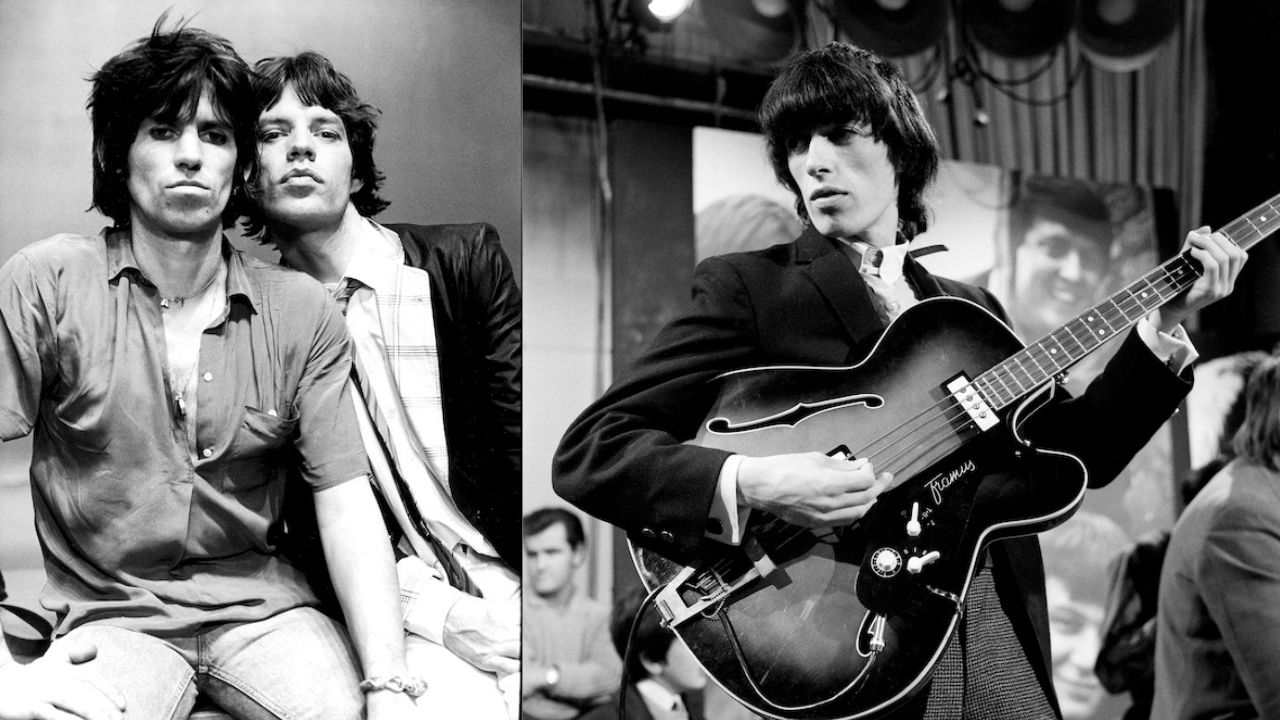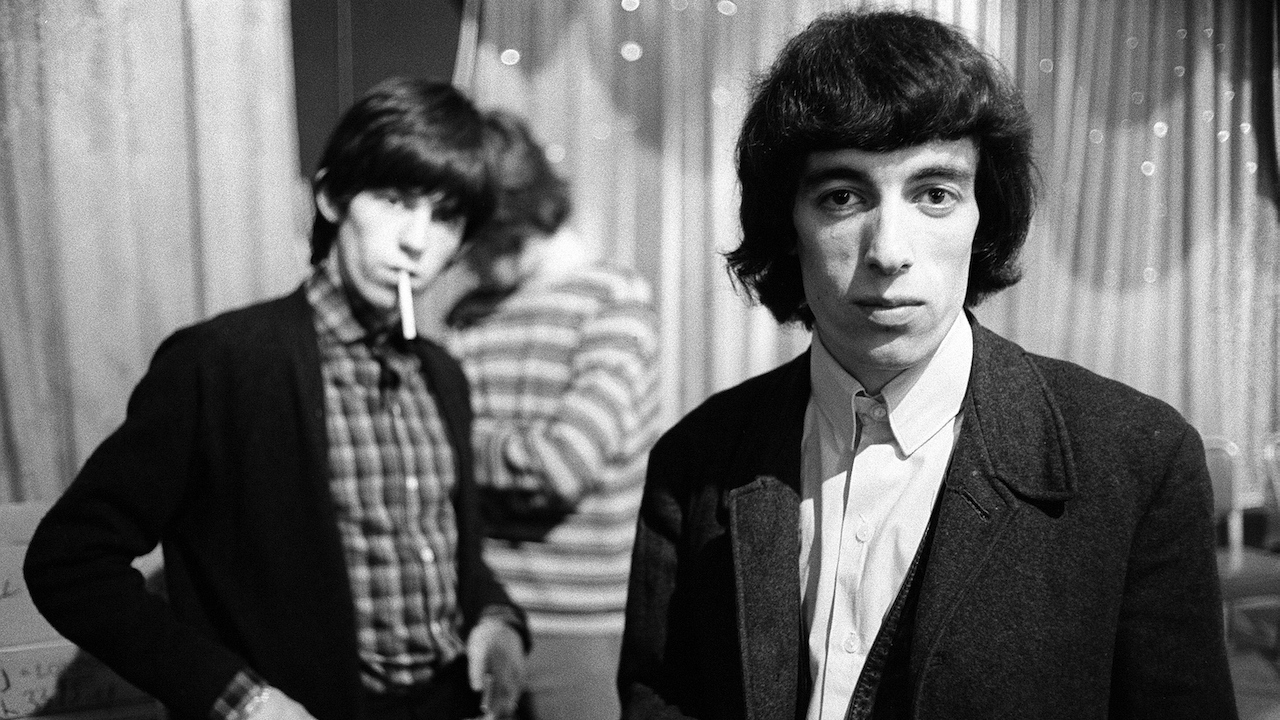Should Bill Wyman have gotten a songwriting credit for The Rolling Stones (I Can’t Get No) Satisfaction?
Bill Wyman: “The fact of the matter is that my bassline made the song just as much as Keith’s guitar riff”

All the latest guitar news, interviews, lessons, reviews, deals and more, direct to your inbox!
You are now subscribed
Your newsletter sign-up was successful
Released during the first week of June 1965, (I Can’t Get No) Satisfaction was the first US #1 for The Rolling Stones. It embodied the idea of writing a song around a riff, rather than a vocal melody or chord progression. “It was the song that really made The Rolling Stones,” Jagger once told Rolling Stone magazine. “It changed us from just another band into a huge, monster band.”
By the mid-60s, the songwriting partnership of Jagger and Richards had become the most powerful force within the group, with the remaining Stones sidelined, no matter what their contribution, never receiving any songwriting acknowledgments. “I always resented those moments where I’d come up with a bass riff that meant much more to a song than just providing a supportive rhythmic underbelly,” said former bassist, Bill Wyman. “My contribution always seemed to be played down.”
Such as Satisfaction? Often cited as an obvious example. “Whatever Mick and Keith might say, the fact of the matter is that – to me, and many music lovers in the know – my bassline made that song just as much as Keith’s guitar riff.”
It all began during the Stones’ 1965 tour of America. “I wrote Satisfaction in my sleep,” said Richards in his autobiography, Life. “I had no idea I’d written it, it’s only thank God for the little Philips cassette player. The miracle being that I looked at the cassette player that morning, and I knew I’d put a brand-new tape in the previous night, and I saw it was the end. It was just a rough idea. There was just the bare bones of the song, and it didn’t have that noise, of course, because I was on acoustic… but the bare bones is all you need.”
Mick Jagger finished the verses a few days later. In the BBC documentary, My Life as a Rolling Stone, Jagger revealed how Richards couldn’t foresee the song reaching any level of credible success. “There’s this motel in Clearwater, Florida, and I remember sitting with Keith and writing the song. Our manager Andrew Oldham said, ‘This is like a number one single, this is great!’ Keith was like, ‘I don’t really like it. It can’t come out as a single.’”
Wyman might argue that his contribution was overlooked and undervalued – yet, according to Keith Richards, “Bill Wyman is an incredible bass player. I’m still always amazed by Bill’s tastefulness in his bass playing. He’s a very discerning and sensitive musician. He might be embarrassed by that, but I got to say it. He’s like the top bass player for me.”
Despite Rolling Stone magazine naming Wyman among the top 50 greatest bassists of all time, he has often undersold his talent. “There must be hundreds of better bass players than me,” he told Rolling Stone in 1974. “I mean I could never play like Jack Bruce. If I was ambitious in that direction I’d practice, but I don’t. All I do is provide a bottom-end for the band. You’ve got to build that foundation, and that’s what Charlie and I did with the Stones. It’s just making a foundation for other people to get off on and be extroverts. You know, you can sit in the back and just watch them and say ‘here they go again.’”

Wyman eventually left the band in 1993, with ex-Miles Davis sideman Darryl Jones making his debut a year later on the group’s Voodoo Lounge album. Had Wyman any views on how Darryl has fitted in? “He’s all right,” Bill conceded in an 1995 interview, “I suggested several excellent young players who would’ve fitted the bill, but Mick and Keith wanted someone flash and funky.”
Bill Wyman’s documentary The Quiet One is available to stream on-demand in HD directly from Bill’s site. Visit billwyman.com for more info
All the latest guitar news, interviews, lessons, reviews, deals and more, direct to your inbox!

Nick Wells was the Editor of Bass Guitar magazine from 2009 to 2011, before making strides into the world of Artist Relations with Sheldon Dingwall and Dingwall Guitars. He's also the producer of bass-centric documentaries, Walking the Changes and Beneath the Bassline, as well as Production Manager and Artist Liaison for ScottsBassLessons. In his free time, you'll find him jumping around his bedroom to Kool & The Gang while hammering the life out of his P-Bass.
